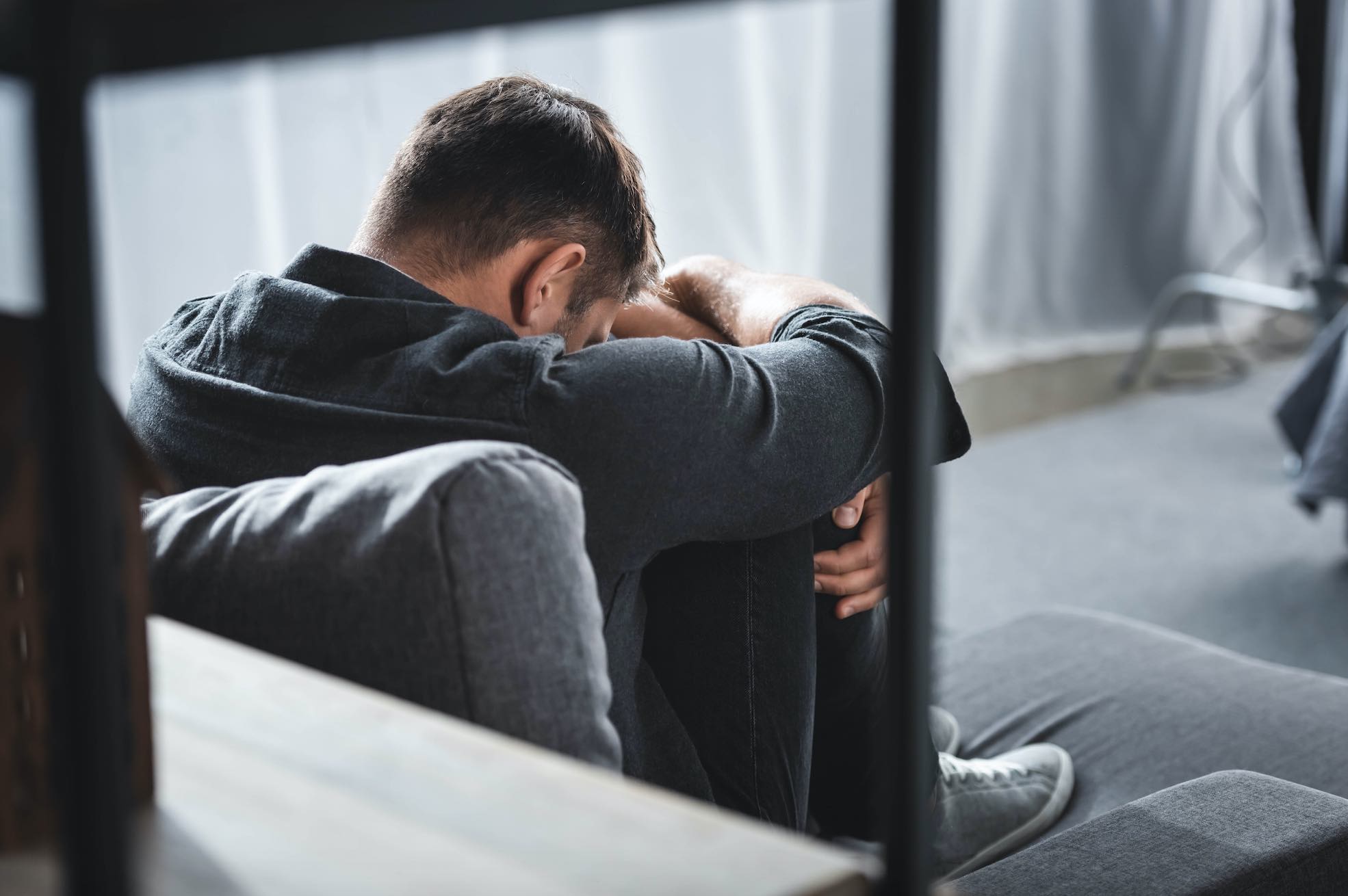EXPLAINER: How do you know if it's time to go to the hospital for a panic attack?
Ever experienced a panic attack that only got worse over time?
Ciara Magallanes, the momfluencer behind Mommy Diaries PH on social media, shared that she was hospitalized after experiencing the “worst panic attack ever” that made her feel like she was having a heart attack.
“Lalo ako naiyak nung iniisip ko ang mga anak ko. Dasal ako nang dasal, ‘Lord, ayoko pa po ma-tegi,” she recalled in an Instagram post, assuring her followers that she’s doing fine now.
Panic attacks can usually be managed at home, but how do you know if it’s time to bring yourself to the hospital and see a doctor?
Signs and symptoms of a panic attack
Clinical psychologist Lordy Santos a.k.a. Tito Mong Psychologist told PhilSTAR L!fe that a panic attack is an "abrupt surge of intense fear or intense discomfort that reaches a peak within minutes.” He noted that such can arise "from either a calm state or an anxious state and can also be expected or unexpected.”
Per Santos, the signs and symptoms of a panic attack may vary from one person to another.
General physician Jerrvee Melgajero said in an interview with L!fe that the most common symptoms presented by patients include chest tightness, difficulty breathing, trembling, light-headedness, and a sense of detachment or losing control.

Santos added that other symptoms include sweating, nausea or abdominal distress, and chills as well as paresthesias (numbness or tingling sensations), derealization (feelings of unreality), and fear of dying.
"A panic or anxiety attack is always a diagnosis of exclusion, which means that all other possible causes must be ruled out before concluding that it is indeed a panic attack,” Melgajero stressed.
When to see a doctor
Asking for help from professionals should always be considered by those who are experiencing panic attacks, Santos highlighted.
He suggested seeking medical assistance to those who are suffering a panic attack for the first time, those who have physical symptoms like chest pain and palpitations with the panic attack, and those who have a family history of heart conditions.
"Most of the time, the patients who come to the emergency room are experiencing symptoms for the first time,” Melgajero told L!fe. "Often, they would mention that they have felt similar symptoms before, but it wasn’t as intense, so they didn’t seek medical attention at that time.”
Since panic attacks tend to mimic heart attacks, the general physician said that their priority is to rule out cardiac and respiratory conditions. "It's also standard to order an ECG and a Troponin I test to rule out any cardiac-related problems,” he added.
"If medical conditions were ruled out and it becomes frequent or overwhelming, then it is time to seek additional professional help from mental health experts so they can be guided accordingly,” Santos said. "This should be done as soon as possible. Why? Because one can develop maladaptive or even risky coping strategies like avoidance, alcohol, cigarette smoking, and drugs that can make things worse in the long run.”

Managing panic attacks
Both Santos and Melgajero said that panic attacks are generally not dangerous and can be managed at home.
“But it can result in significant distress that's very debilitating. If not treated or addressed, this can lead to a set of avoidant behaviors leading to other social, personal, or functional problems,” emphasized Santos.
Being aware of panic attacks can serve as the first line of defense, the psychologist continued. “That way, you’ll know how to address it better.”
Santos suggested trying relaxation exercises, which include but are not limited to diaphragmatic breathing, grounding techniques, and mindfulness exercises.
"Having a good support system against these attacks can also help,” he added.


